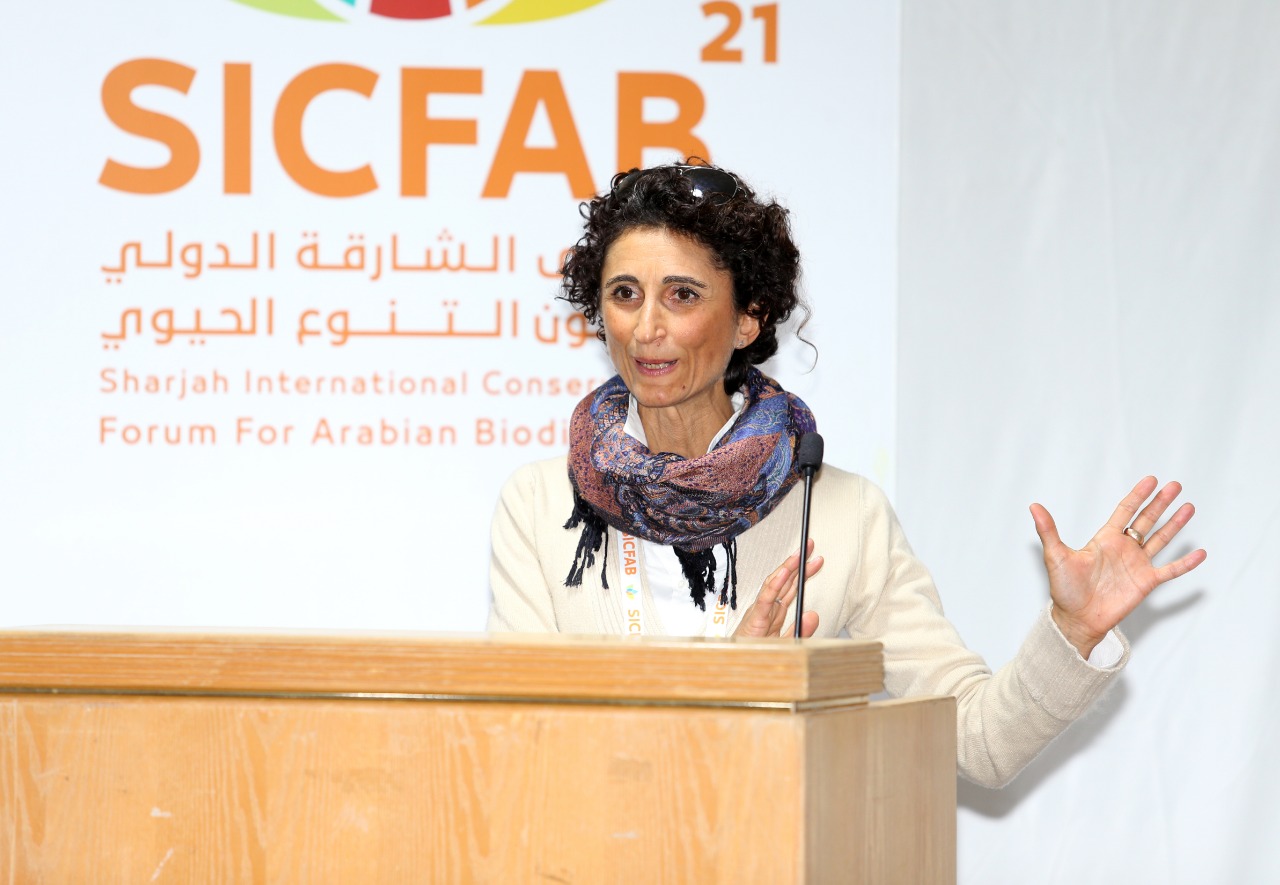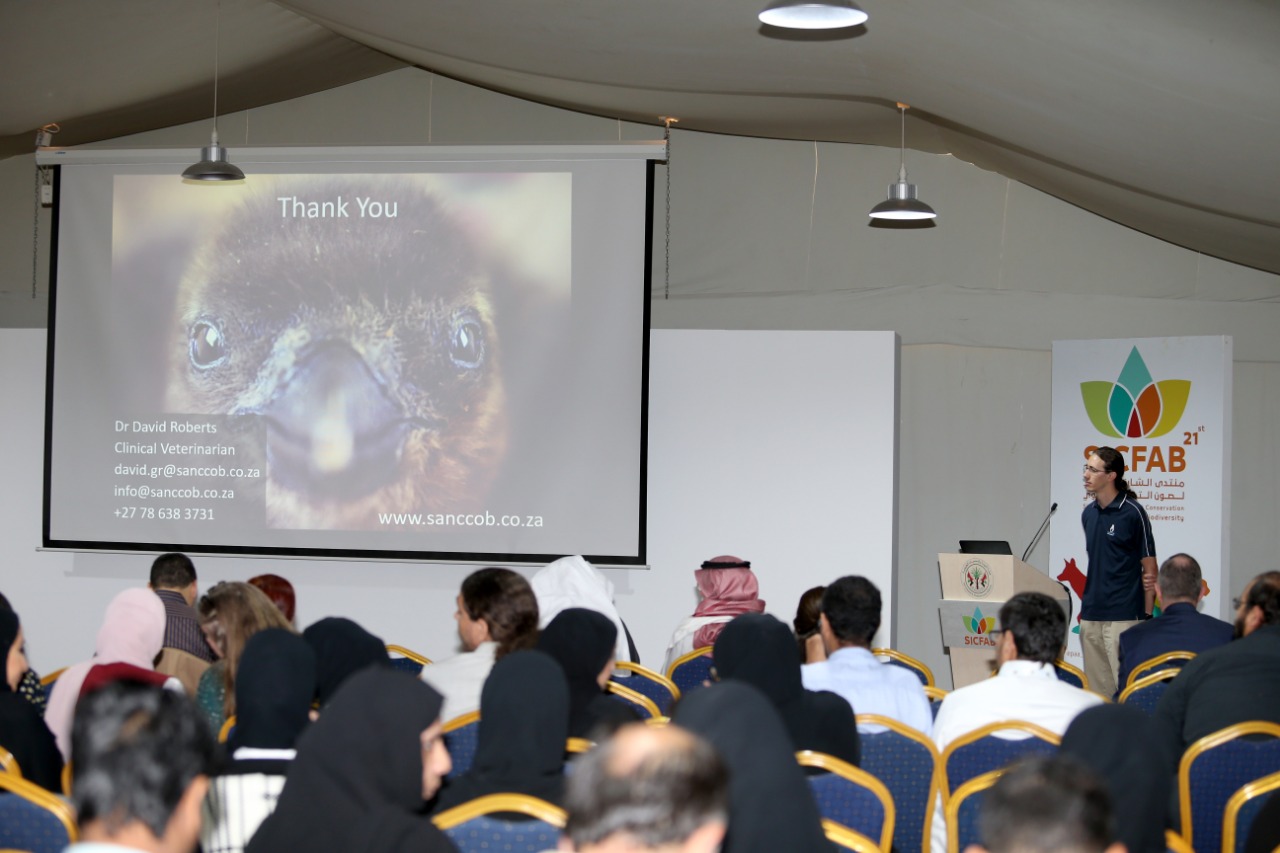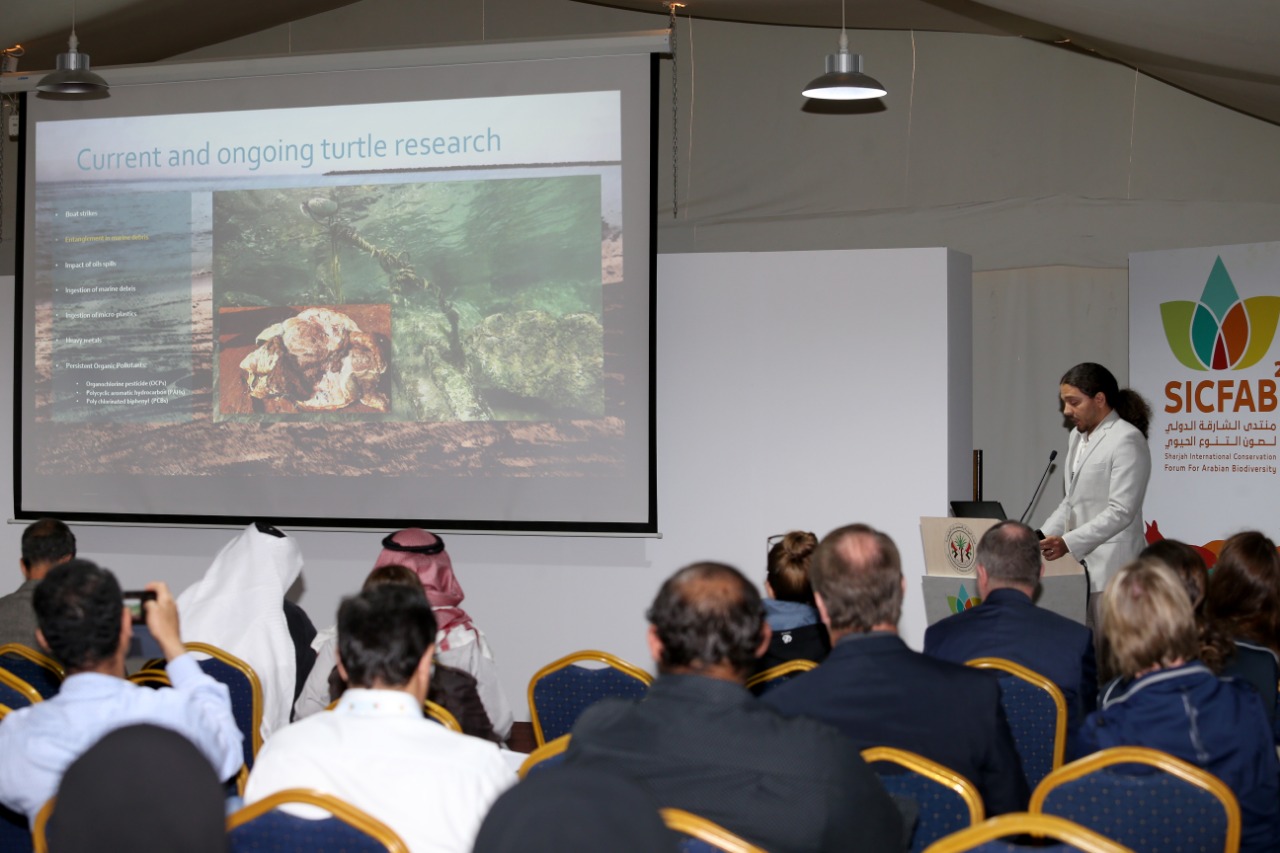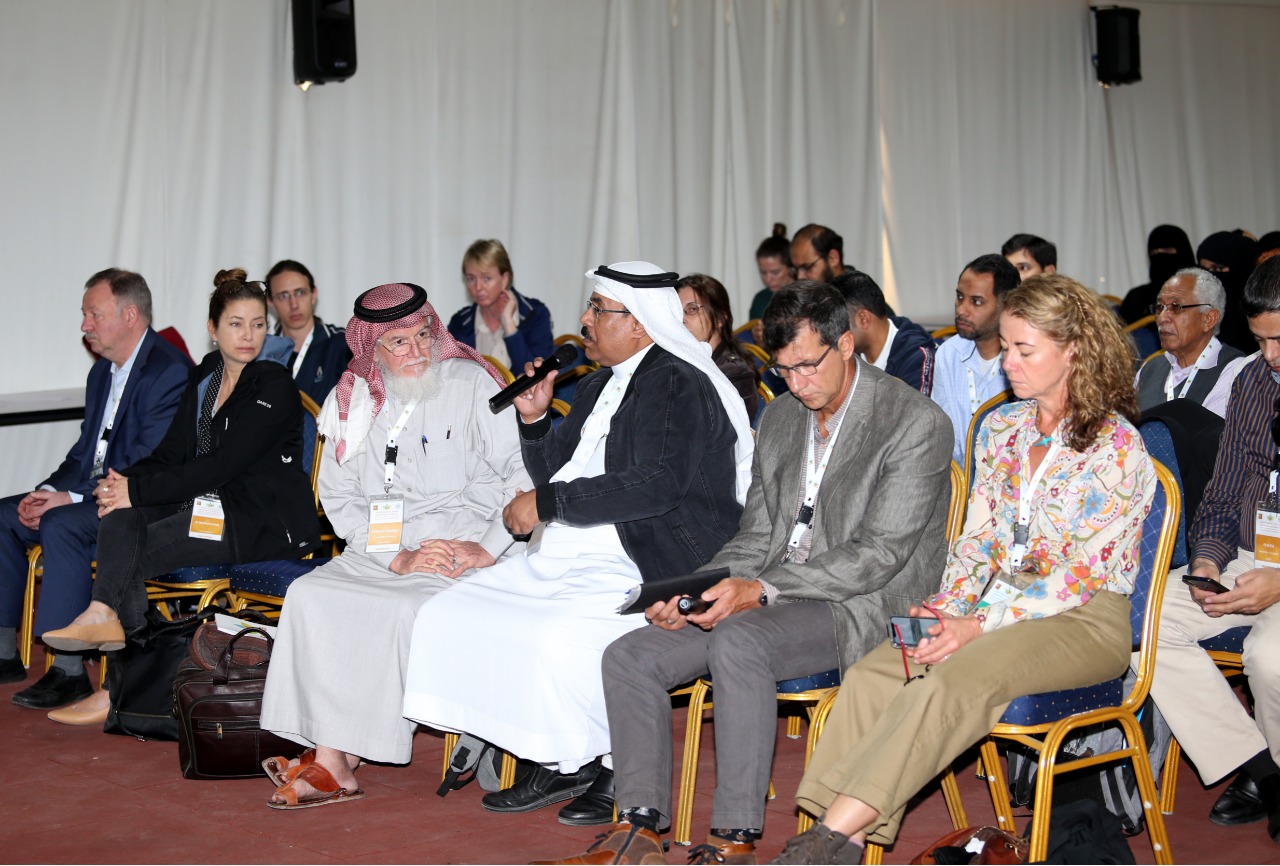آخر الأخبار
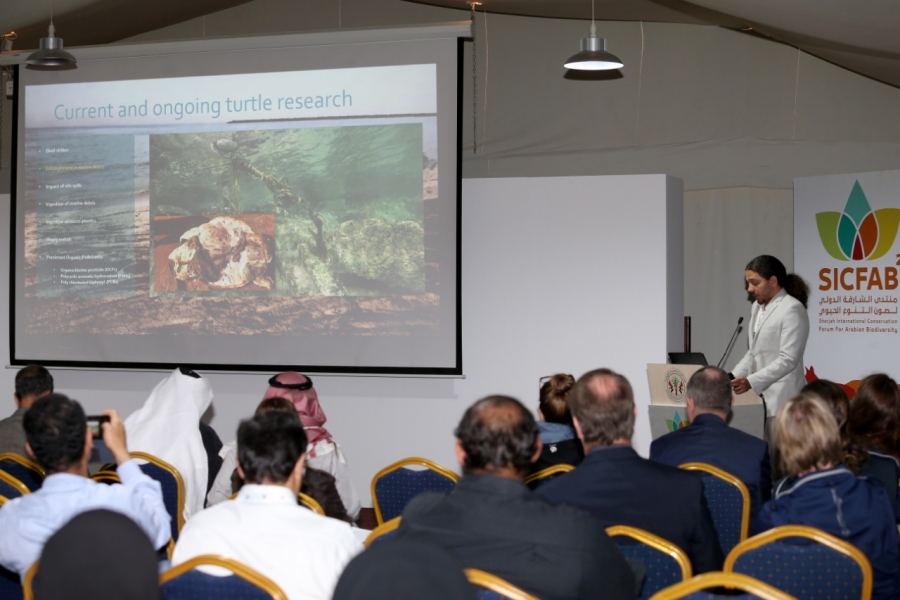
Jawharat Arab News
The planet is losing species at a rate 1,000 times greater than at any other
time in recorded human history
In the UAE, it has been agreed that one of the targets that need to be pursued
is the protection of 95 percent of areas utilized by dugongs, 100 percent turtle
nesting sites, 80 percent rocky shores, 95 percent reefs and corals and 70
percent hard bottoms and corals.
For Immediate release
Sharjah, UAE - 6th Feb 2020
The UN General Assembly has declared the period 2011-2020 as United Nations
Decade on Biodiversity. In lieu of the same, experts who gathered at the 21st
Sharjah International Conservation Forum for Arabian Biodiversity (SICFAB), which
is organised by the Environment and Protected Areas Authority (EPAA) repeatedly
sounded the alarm on biodiversity breakdown and climate emergency.
"The UN General Assembly has time and again emphasised the need to improve the
status of biodiversity by safeguarding ecosystems, species and genetic diversity,
with a specific focus on marine habitats. It was stated that at least 17 percent of
terrestrial and inland water, and 10 percent of coastal and marine areas, especially
areas of particular importance for biodiversity and ecosystem services, are
conserved through effectively and equitably managed, ecologically representative
and well connected systems of protected areas and other effective area-based
conservation measures, and integrated into the wider landscapes and seascapes. It
is therefore imperative that urgent action is taken to effectively manage marine
protected areas (MPAs),” said Dr Rebecca Klaus who served as a speaker at the
forum.
According to Dr. Klaus, effectively managing a marine protected area can lead to
less habitat damage (healthier), less fishing pressure (mortality), longevity of fishes,
and less spill over effect, and much more.
The Global Ocean is divided into areas within national jurisdiction (National Waters)
and those in international waters (Areas Beyond National Jurisdiction (ABNJ). The
percentage of MPAs created within national waters is much higher than that for
ABNJ. National waters represent 39 percent of the global ocean and at present,
18.45 percent of these waters are designated as protected areas. In contrast, 1.18
percent of ABNJ, which makes up the remaining 61 percent of the global ocean,
have been established as protected areas.
Despite these positive trends, gaps in MPA coverage may undermine the
conservation impact of existing MPAs. As of 2018, half of the 62 marine provinces
have over 10 percent of their area covered by protected areas, representing an
increase of 12 percent since 2014. Potential
opportunities for new MPAs, such as in
ABNJ or in areas of known critical habitat, would help generate a globally
representative network of MPAs.
"As much as management of MPAs is essential, it is equally important to assess its
effectiveness to achieve the right goals and objectives,” added Dr Rebecca.
It has been noted that assessing management effectiveness can lead to proactive
adoption of management practices, help prioritize resource allocation, build
awareness and support, promote accountability and transparency, identify protected
areas at risk, as well as serve as a model to advocate best practices.
In the UAE, several measures are in place to ensure efficient and well-managed
networks of MPAs. Regular meetings and discussions have outlined that there are a
good number of MPAs in Abu Dhabi, however, only 0.01 percent areas are protected
in the Northern Emirates. As such, systematic conservation planning was introduced
which has laid the foundation for efficient and transparent approach and optimal
location and configuration of priority conservation areas.
Based on this, it was agreed that one of the targets that needed to be pursued was
the protection of 95 percent of areas utilized by dugongs, 100 percent turtle nesting
sites, 80 percent rocky shores, 95 percent reefs and corals and 70 percent hard
bottoms and corals.
It is a known fact that the world is facing an unprecedented environmental crisis.
Huge numbers of species are on the brink of extinction and global temperatures
continue to rise. We are losing species at a rate 1,000 times greater than at any
other time in recorded human history. Nature-based solutions offer the best way to
achieve human well-being, address climate change and protect the planet. Through
the medium of this forum, experts, researchers and scientists not only set the tone
and agenda for environmental action required in the decade ahead, but also
undermined action plans to make life on earth safer and more secure for everyone.

